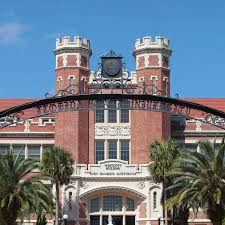Speaker
Description
The primary goal of the ultrarelativistic heavy-ion collision program at the LHC is to study the quark-gluon plasma (QGP) properties, a state of strongly interacting matter that exists at high temperatures and energy densities. However, the lack of knowledge on the initial conditions of heavy-ion collision results in significant uncertainty in the extraction of the transport properties of QGP.
In this talk, I will present the latest developments in multi-particle correlations. I will show that the newly proposed mixed harmonic correlation of various moments of anisotropic flow coefficients can provide strong constraints on the correlations between various moments of eccentricity coefficients in the initial conditions. Both hydrodynamic model predictions and ALICE measurements will be discussed. In addition, I will discuss the most recent studies on the correlation between mean transverse momentum and anisotropic flow coefficients, which could reflect the size and shape of the initial state and give direct access to the initial conditions. I will present the latest experimental measurements from the LHC experiments and several recent theoretical model predictions. In particular, I will highlight the current discrepancies between the experimental data and the state-of-the-art understanding of the initial conditions extracted from the Bayesian analyses. In the end, I will discuss potential improvements in the descriptions of initial conditions.
| speaker affiliation | Niels Bohr Institute |
|---|

